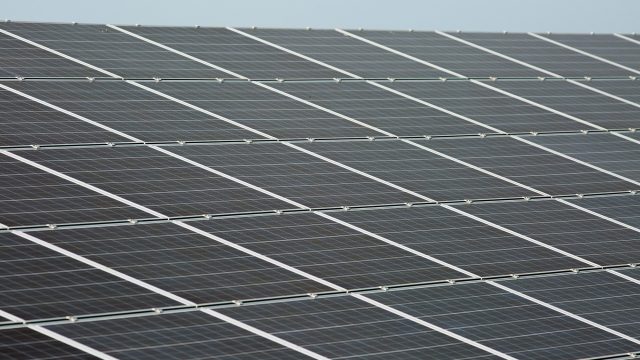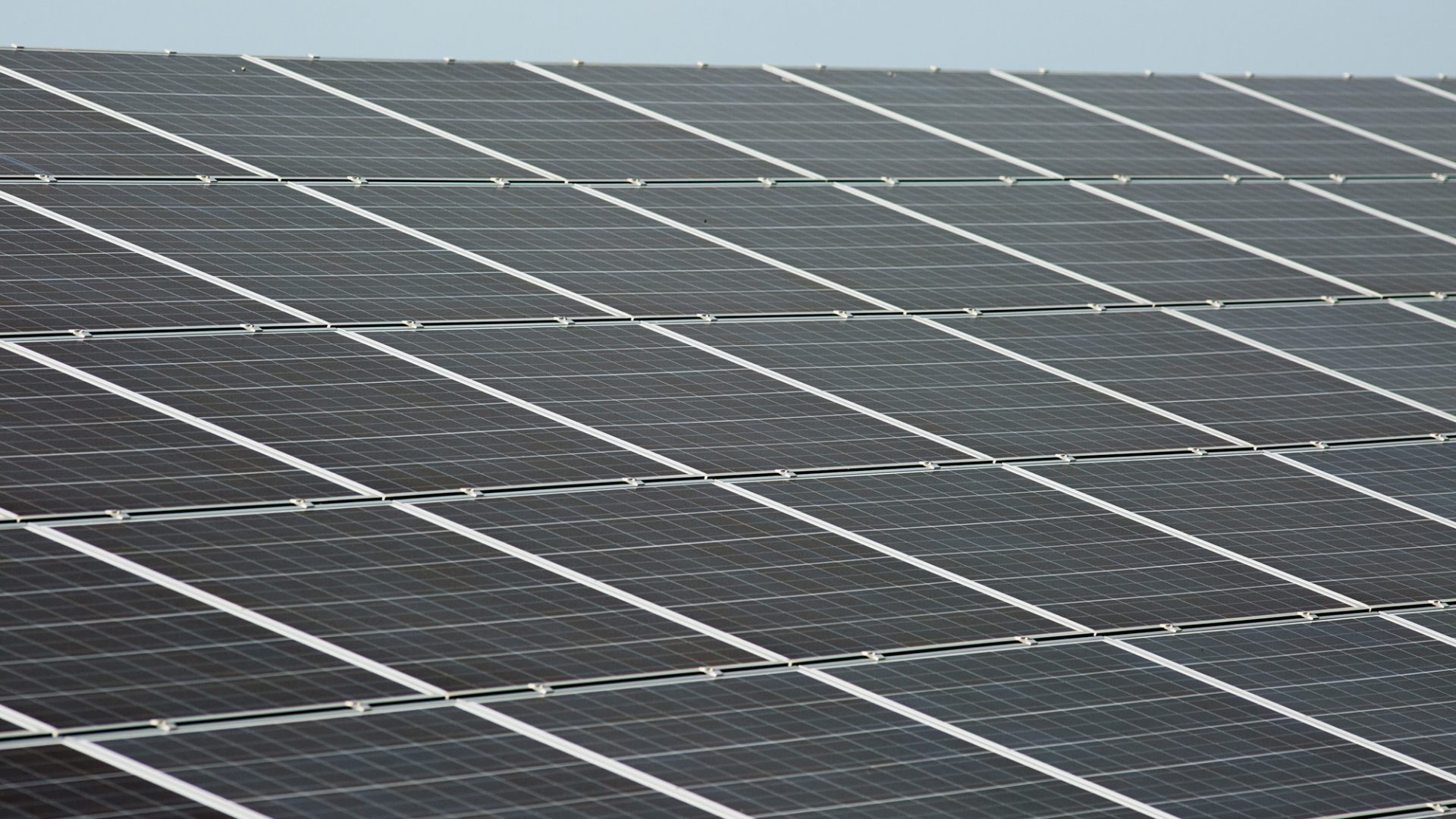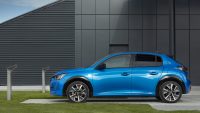Car dealerships are being warned to innovate as a matter of urgency when it comes to energy performance or face problems with lenders.
Automotive property consultancy Rapleys says dealers are facing a perfect storm of rising energy bills, approaching energy performance certificate (EPC) targets and lenders shunning assets with low EPC ratings.
It predicts that out of around 4,500 car dealerships in the UK today, more than 3,000 of them could be the worst rated in terms of energy performance, with an E, F or G rating.
By 2025, all properties must be E grade or higher if they’re to be leased or sold, but the company says some lenders are already ignoring anything that has less than a B grade so as to future-proof portfolios and protect values.
Rapleys says car dealerships are particularly at risk because they tend to be large and have extensive glazing that uses lighting for up to 20 hours a day.
They also have to be heated for customer care and have energy-hungry compressed air systems that – even if efficient – account for up to a quarter of electricity usage.
With the focus now on EVs, traditional structures are struggling to support charging points on their existing supply, let alone the rising costs of energy, says Rapleys.
Lee Fraine, head of sustainable building consultancy, said: ‘Clever tech is available, but it’s not always thought about early enough.
‘For example, spending 20 per cent more on compressed air systems means you can renew the air and use it for heat and cooling purposes.
‘Typically, car dealerships have always focused most of their investment in the brand and aesthetics of their showrooms as part of fit-outs.
‘While a focus on customer service is also essential, this does mean that in many cases spending on future-proofed equipment to support operational efficiency has been overlooked.
‘Now the race is on to retrofit in order to support both the future and value of these businesses.’
Rapleys says there is a movement in the industry towards innovation, with some car dealerships focusing on different layouts and energy features to overcome such challenges.

Lee Fraine says that although investing in customer service is important, the need to make dealerships much more energy-efficient is just as vital
LED lighting plus solar panels (PV) and battery storage are among the innovative examples given by Rapleys.
It also highlighted the Genesis EV model, which focuses on a retail outlet rather than a showroom, and supports its EVs with battery-stored power.
Fraine added: ‘Solar PV is great for renewable energy and supports most forms of real estate.
‘However, with high levels of electricity required all year round by car dealerships and showrooms, solar alone cannot be relied on in the winter months, when daylight hours are much fewer.
‘This is where battery storage comes in, as it can release power when required all year round.’
Daniel Cook, who heads up the automotive and roadside business at Rapleys, said: ‘With many lenders shunning less-efficient properties, the car dealership sector really needs to think and act fast.
‘With just over three years until the first major legislative deadline, up to 3,000 car dealership assets are in somewhat of a perfect storm of cost, desirability, ability to transact and potential dilapidations liability.
‘It is interesting however that despite awareness of these deadlines for some time, a large swathe of stakeholders we are talking to are more motivated by the current costs of energy than achieving net zero right now.
‘But if the end goal is to adapt and survive with a more sustainable and efficient property, then does it really matter how we get there?’


































